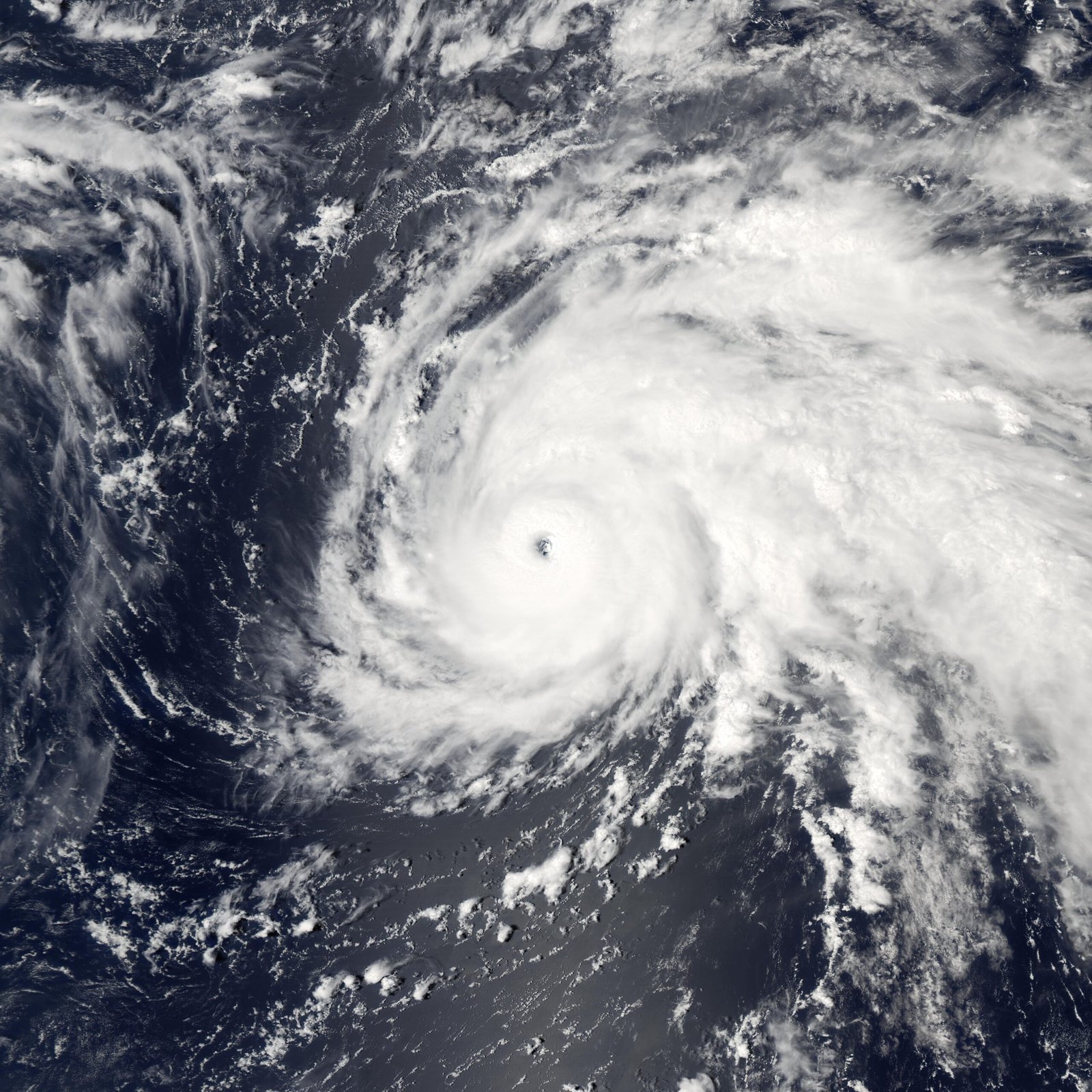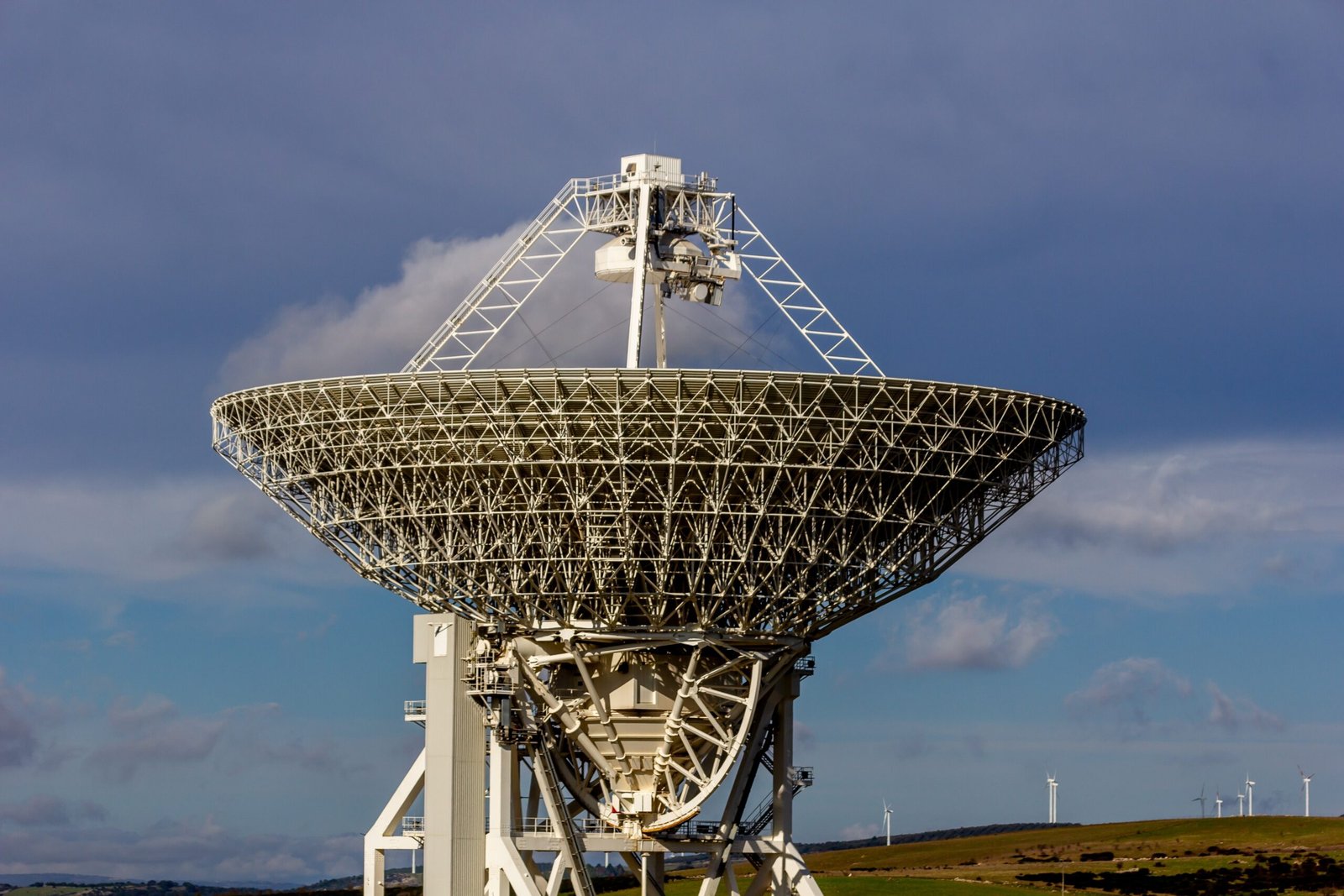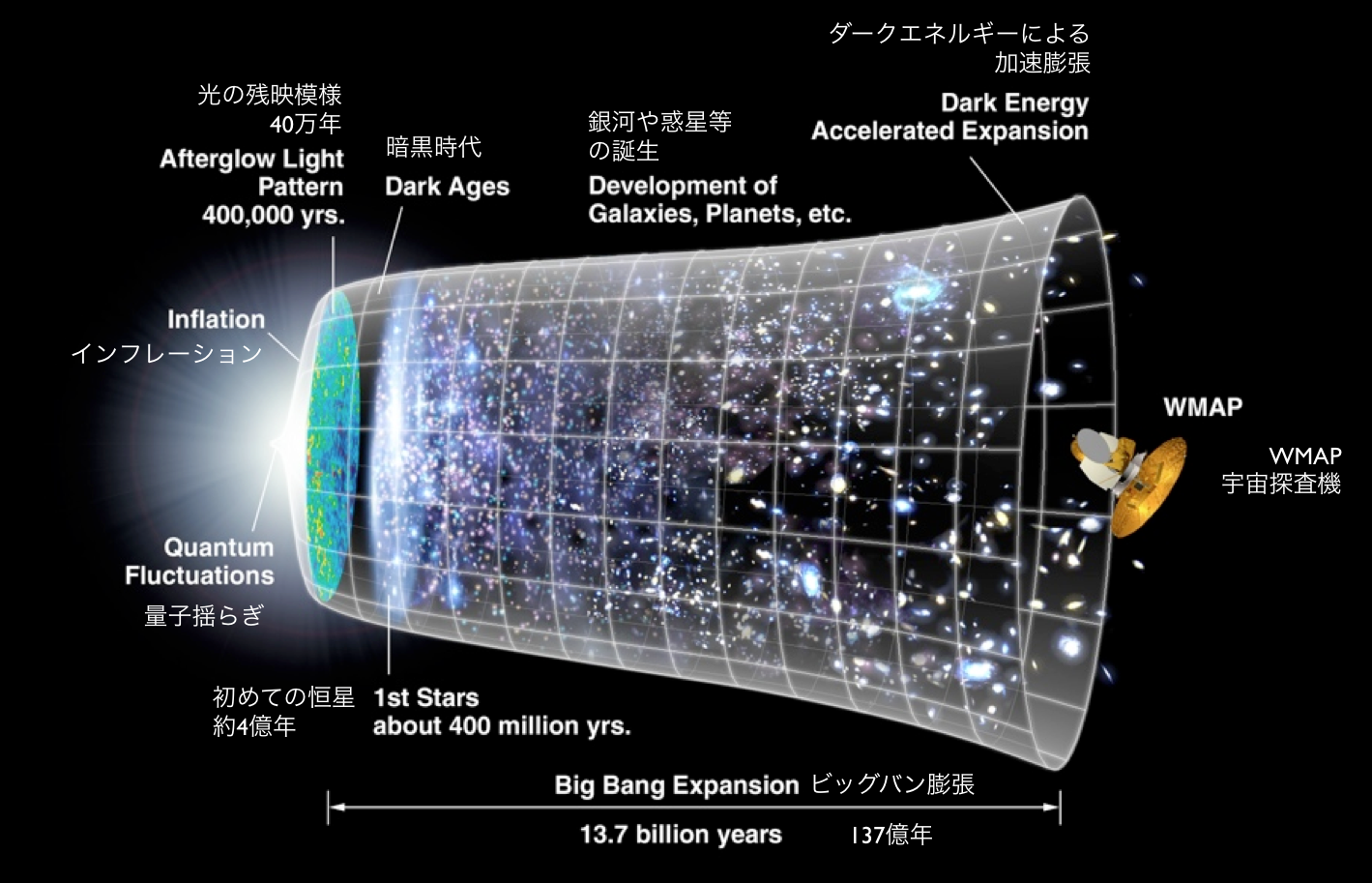Have you ever gazed up at the night sky and wondered why, amid all those shimmering stars, not one seems to wink back with a sign of intelligent life? It’s a question that has haunted curious minds for centuries. With billions of planets potentially orbiting distant suns, the silence is almost deafening—a cosmic riddle begging for an answer. Enter the Great Filter theory, a concept so bold and unsettling it turns the Fermi Paradox into something personal. Are we truly alone, or are we just the lucky few to have made it this far? Fasten your seatbelt, because this journey takes us through the wildest corners of science, hope, and existential dread.
What Is the Great Filter?
The Great Filter is a mind-bending idea that tries to explain why, despite the vastness of the universe, intelligent life seems so rare—or perhaps even unique to Earth. It suggests there are one or more nearly insurmountable hurdles, or “filters”, that prevent life from advancing to the point of interstellar communication or travel. These filters could be anything from the leap to cellular life, to the ability to avoid self-destruction as a species grows more advanced. The core of the Great Filter theory is simple but haunting: somewhere along the path from stardust to star-faring civilizations, something almost always goes wrong. This idea forces us to look not just outward to the stars, but inward at our own history and future.
The Fermi Paradox: Where Is Everybody?

The Fermi Paradox is the starting point for the Great Filter theory. In the 1950s, physicist Enrico Fermi famously asked, “Where is everybody?” when confronted with the staggering number of potentially habitable planets. If life is common, and intelligence is the natural outcome of evolution, why don’t we see evidence of anyone else? The paradox highlights the disconnect between high probabilities and our lonely reality. It gnaws at our sense of cosmic significance and pushes scientists to find answers—sometimes in the darkest corners of possibility.
Life’s Fragile Beginnings

One possible filter sits right at the start: the leap from chemistry to biology. Earth’s earliest life forms emerged from a soup of molecules nearly four billion years ago, but the exact recipe remains a mystery. Was this a fluke, a miracle, or is it something that happens wherever conditions are right? If life’s jump from non-living to living is vanishingly rare, then most planets may remain forever barren. This filter would mean we’re already the winners of an unimaginable cosmic lottery.
The Rise of Complex Life
Even after life appears, it faces another towering hurdle: evolving from simple cells to complex, multicellular organisms. For billions of years, Earth was dominated by bacteria and archaea. The appearance of complex life—creatures with specialized cells, tissues, and organs—may be far more difficult than we imagine. If this transition is the Great Filter, then the universe could be teeming with simple, invisible microbes, but utterly silent when it comes to intelligent beings.
The Leap to Intelligence
Intelligence, as we know it, is a recent arrival on Earth. For most of our planet’s history, no creature built tools, pondered the stars, or painted on cave walls. The evolution of intelligence might be a rare accident, a lucky twist in the evolutionary game. Dolphins, crows, and octopuses show signs of cleverness, but only humans have built civilizations. If intelligence is the filter, we may be the only ones to have crossed this daunting threshold.
Technological Civilizations: The Rarity of Progress
Even with intelligence, building a technological civilization is hardly guaranteed. Human society spent thousands of years as hunter-gatherers before inventing agriculture, writing, and eventually, the computer. Social, environmental, and even geographic factors all play a role in whether a species develops the technology to reach out into the cosmos. Perhaps the leap from stone tools to radio telescopes is much harder than it seems from our perspective.
Self-Destruction: Are We Our Own Filter?
A chilling possibility is that the Great Filter lies ahead of us, not behind. It could be that intelligent, technological civilizations inevitably destroy themselves. Nuclear war, climate change, pandemics, or even runaway artificial intelligence might wipe us out before we get the chance to make contact. This idea is sobering, as it shifts the focus from cosmic accidents to human choices. The silence of the stars could be a graveyard whispering warnings we can barely comprehend.
Environmental Catastrophes and Cosmic Disasters

Beyond self-inflicted wounds, the universe itself is full of dangers. Gamma-ray bursts, supervolcanoes, asteroid impacts, and even runaway greenhouse effects can snuff out life in an instant. Earth has experienced mass extinctions before—some so severe they nearly ended all complex life. If such catastrophes are common, the odds of any civilization surviving long enough to reach out may be slim indeed.
Planetary Bottlenecks: The Goldilocks Problem
Life as we know it requires a delicate balance—liquid water, a stable climate, and protection from cosmic radiation. Planets that are too hot, too cold, or too unstable may never give life a fighting chance. Even within our own solar system, only Earth has managed to maintain these perfect conditions for billions of years. If habitable planets are exceedingly rare, the Great Filter could simply be the scarcity of good real estate in the cosmos.
The Challenge of Interstellar Travel
Suppose a civilization does survive and thrive. The next obstacle is the vastness of space itself. Traveling between stars demands gargantuan energy, patience, and technological prowess. Even the fastest spacecraft humanity has ever built would take tens of thousands of years to reach the nearest star. If the energy and resources needed are beyond the reach of most civilizations, perhaps the reason we see no one is simply that no one can make the journey.
The Loneliness of Communication

Maybe interstellar travel isn’t even necessary—what about sending signals? Radio waves can cross the galaxy, but they require intentional effort and the hope someone is listening. Civilizations might use communication methods we can’t even imagine, or perhaps they lose interest after a while. Some scientists suggest civilizations have a “window” during which they send out detectable signals, and if we miss it, we’re left staring into silence.
The Zoo Hypothesis: Are We Being Watched?
A quirky twist on the Great Filter is the idea that advanced civilizations know about us but deliberately avoid contact. This “zoo hypothesis” suggests Earth is like a cosmic wildlife preserve, observed but untouched. Maybe they’re waiting for us to mature, or maybe we’re just not interesting enough yet. While this idea is more science fiction than science fact, it’s a reminder that our assumptions about alien motives could be wildly off base.
Technosignatures and the Search for Life
Scientists are now looking for “technosignatures”—evidence of technology, not just life. This includes strange patterns in starlight, pollution in alien atmospheres, or even megastructures like Dyson spheres. The search is just beginning, and our tools are getting better every year. If we do find technosignatures, it could mean the Great Filter is behind us. If we never do, it may be lurking in our future.
Rare Earth: The Lucky Planet Hypothesis
Some researchers argue that Earth’s history is a perfect storm of good luck—right star, right planet, right moon, and right mix of geological and biological events. From the stabilizing presence of our large moon to the unlikely emergence of plate tectonics, perhaps we’re the product of so many rare coincidences that intelligent life elsewhere is virtually impossible. This perspective makes Earth feel both special and frighteningly fragile.
The “Firstborn” Scenario: Pioneers in the Cosmos
What if we are not just rare, but the very first? The universe is only 13.8 billion years old. Maybe conditions for life have only recently become right, and we’re the first technological civilization to emerge. If so, the silence is temporary. In time, others may rise and join us. This scenario comes with a sense of both awe and responsibility—if we’re first, we set the tone for the future of intelligence in the cosmos.
Evolutionary Dead Ends: The Fate of Most Species

On Earth, most species go extinct. Dinosaurs, trilobites, and even close relatives like Neanderthals have all vanished. Evolution is ruthless, and intelligence doesn’t guarantee survival. Civilizations might rise and fall before they ever have the chance to reach for the stars. Perhaps we’re just a brief spark in an endless night, hoping to outlast the darkness.
The Role of Time: Are We Just Early?

It’s possible that civilizations come and go, but rarely overlap in time. The universe is vast not just in space, but in epochs. Maybe others existed millions of years ago, or will emerge millions of years from now. Our search might be like tuning into a radio station that only broadcasts once every eon. The universe’s silence could simply be a matter of bad cosmic timing.
Optimism vs. Pessimism: The Human Response

The Great Filter can inspire both existential dread and cautious hope. Some people find comfort in the idea that we’ve already beaten the odds, while others worry that doom lies ahead. This debate shapes how we think about our future—whether we invest in space exploration, protect our planet, or simply savor the miracle of being alive at all. The theory is a mirror, reflecting our deepest fears and brightest dreams back at us.
Ethics and Responsibility: What If We Are Alone?
If we truly are the only intelligent life in the universe, the weight of responsibility is staggering. Every war, every extinction, every lost culture would be a tragedy on a universal scale. Protecting our planet and each other becomes not just a human duty, but a cosmic one. The Great Filter reminds us that our actions matter, perhaps more than we can ever know.
New Frontiers: Space Exploration in the 21st Century
Humanity is taking its first steps beyond Earth with renewed vigor. Missions to Mars, robotic explorers on icy moons, and telescopes peering deep into the galaxy are all part of the quest to answer the Great Filter mystery. Each discovery brings us closer to understanding our place in the universe. Whether we find life or not, the journey itself is a testament to our curiosity and resilience.
The Ultimate Question: What Does It Mean to Be First?
As we stare into the cosmic abyss, the Great Filter forces us to ask: if we are first, what kind of ancestors will we become? Our story is still being written. Every choice we make, every risk we take, shapes not just our future, but the legacy of intelligence in the universe. The silence of the stars isn’t just an absence—it’s a challenge. Are we ready to answer it?


